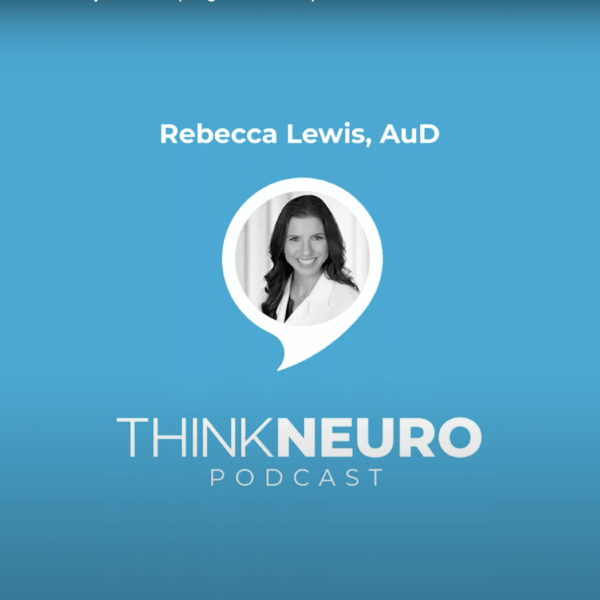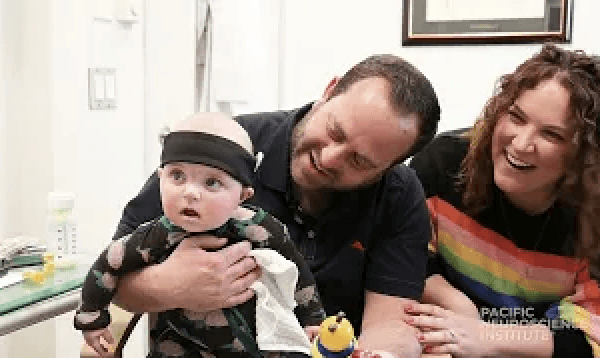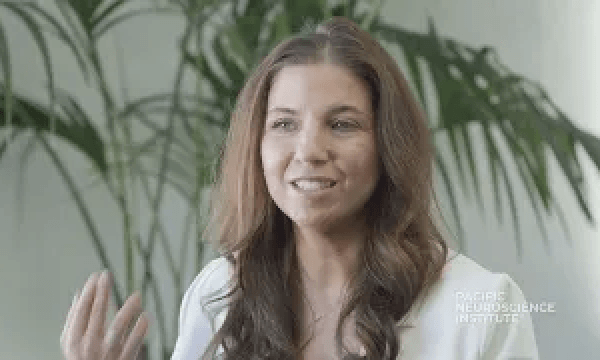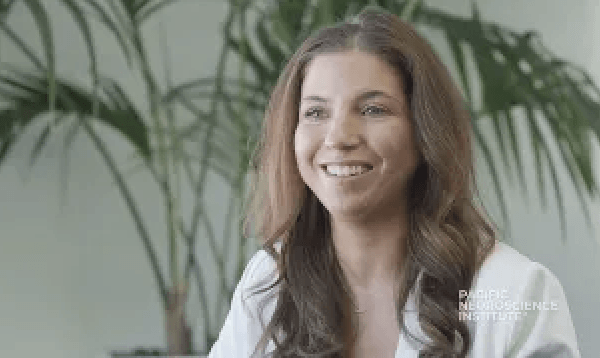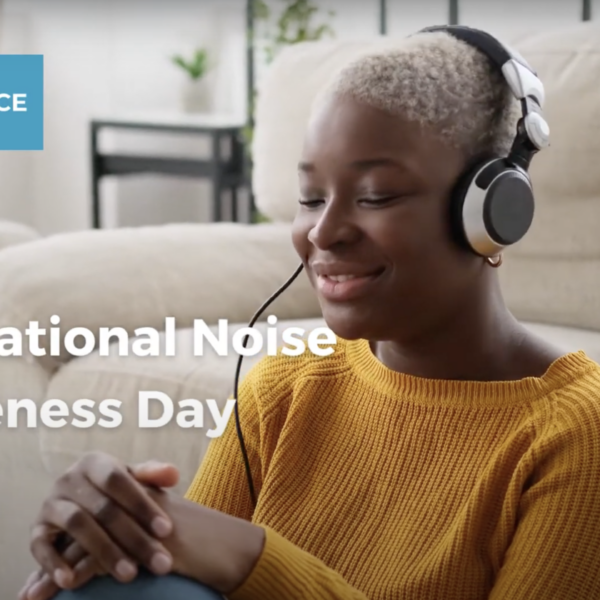Rebecca Lewis
Video
51. Cochlear Implants, Once a Luxury, Are Helping More People Hear | Dr. Rebecca Lewis
For people with hearing loss, properly-fitted hearing aids can be a miracle, restoring sounds of life that have been lost to aging or disease. But sometimes hearing aids aren’t enough, or a patient’s hearing deteriorates beyond the devices’ capabilities. Then, it’s time to consider cochlear implants—small electronic devices that go beyond hearing aids. They bypass damaged hair cells in the ear and send electronic signals straight to the auditory nerve. Dr. Rebecca Lewis is an audiologist who specializes in evaluating patients who might be eligible for cochlear implants. Until recently, doctors installed the devices only after people had lost almost all of their hearing. But because hearing is crucial to social connection, and social connection is key to staving off dementia, the bar for cochlear implants is coming down. Anyone who has tried a few sets of hearing aids and still can’t understand conversation should consider cochlear implants, Dr. Lewis says. Listen to this episode to learn some fascinating things about how our ears and nerves allow us to hear the world, and whether you or a family member should consider cochlear implants.
Video
Pediatric Cochlear Implantation for Bilaterial Hearing Loss | Sienna’s Story
Sienna was born with profound bilateral hearing loss (deafness in both ears). As her family's hearing modality choice is listening and spoken language, they decided to pursue cochlear implant surgery with Neurotology Surgeon Dr. Courtney Voelker when Sienna was just 5 months old. One month later, after activation of her implants with Audiologist Dr. Rebecca Lewis, Sienna is experiencing how to hear for the first time. Getting auditory stimulus to the developing brain as early as possible is the number one factor in better outcomes in babies with profound hearing loss.
Learn more about the PNI Cochlear Implant program:
Clinic: 310-477-5558
Website: https://www.pacificneuroscienceinstitute.org/eye-ent/hearing/treatment/cochlear-implants/
Contact: https://www.pacificneuroscienceinstitute.org/eye-ent/our-center/schedule-a-consultation/
Video
A PNI Minute | 5 Myths About Cochlear Implants
Though cochlear implants are incredibly useful in improving patients hearing, there are still many misconceptions and myths that surround them. For example, it's a common misconception that deafness is a requirement for cochlear implant eligibility. Another myth is that the implant requires intensive and invasive surgery. Dr. Rebecca Lewis tackles a few of the most common myths and sheds light on the truth behind them.
Rebecca (Becky) Lewis, AuD, is an audiologist and the Audiology Director of the Adult & Pediatric Cochlear Implant Program at Pacific Neuroscience Institute. She also holds the position of Adjunct Professor at Mount Saint Mary University / John Tracey Deaf and Hard of Hearing program. She has provided rehabilitative services including hearing aids, hearing protection, Osseo integrated devices, auditory brainstem implant and cochlear implant (CI) services to adults and children.
For more information: 310-477-5558
Video
A PNI Minute | What Are Cochlear Implants?
The cochlear implant is an electronic device that is implanted into the inner ear (the cochlea) to restore hearing in patients for whom hearing aids are no longer effective or for those with hearing loss in just one ear.
There is strong evidence supporting improvements in cognition and dementia prevention when hearing loss is treated with appropriate intervention (hearing aids or cochlear implants).
Rebecca (Becky) Lewis, AuD, is an audiologist and the Audiology Director of the Adult & Pediatric Cochlear Implant Program at Pacific Neuroscience Institute. She also holds the position of Adjunct Professor at Mount Saint Mary University / John Tracey Deaf and Hard of Hearing program. She has provided rehabilitative services including hearing aids, hearing protection, Osseo integrated devices, auditory brainstem implant and cochlear implant (CI) services to adults and children.
For more information: 310-477-5558
